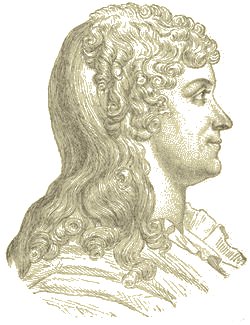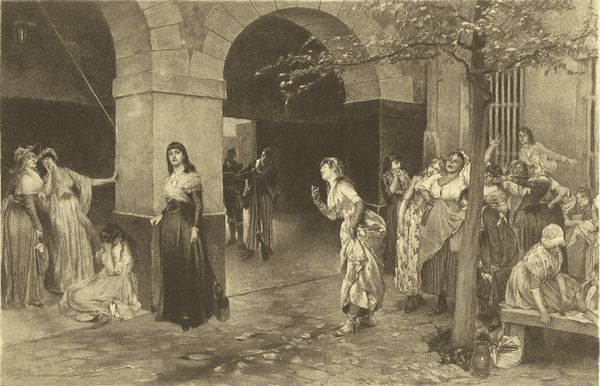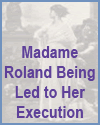 Madame Roland, born Marie-Jeanne Phlipon in 1754, was a prominent figure in the French Revolution, known for her intelligence, political writings, and influence within the Girondin faction. Raised in a middle-class Parisian family, she received an excellent education, reading classical literature, philosophy, and Enlightenment works, which shaped her political ideals. She married Jean-Marie Roland, an economist and politician, and became an active participant in his political career.
Madame Roland, born Marie-Jeanne Phlipon in 1754, was a prominent figure in the French Revolution, known for her intelligence, political writings, and influence within the Girondin faction. Raised in a middle-class Parisian family, she received an excellent education, reading classical literature, philosophy, and Enlightenment works, which shaped her political ideals. She married Jean-Marie Roland, an economist and politician, and became an active participant in his political career.
Madame Roland's salon in Paris became a hub for revolutionary thinkers, particularly the moderate Girondins, who supported a constitutional government and opposed the radical Jacobins. Though women could not hold political office, Madame Roland's writings and private influence were powerful. She penned many of her husband's speeches and correspondence and passionately supported liberty, civic virtue, and rational reform.
 As the Revolution grew more radical, the Girondins fell out of favor with the Jacobins, led by Robespierre. In 1793, Madame Roland was arrested and imprisoned for her associations and political views. While in prison, she wrote memoirs reflecting on her life and the revolution's betrayal of its ideals.
As the Revolution grew more radical, the Girondins fell out of favor with the Jacobins, led by Robespierre. In 1793, Madame Roland was arrested and imprisoned for her associations and political views. While in prison, she wrote memoirs reflecting on her life and the revolution's betrayal of its ideals.
She was executed by guillotine on November 8, 1793, during the Reign of Terror. Her last words—"O Liberty, what crimes are committed in thy name!"—became iconic. Madame Roland is remembered for her courage, intellect, and moral conviction during one of France's most turbulent eras.
|









